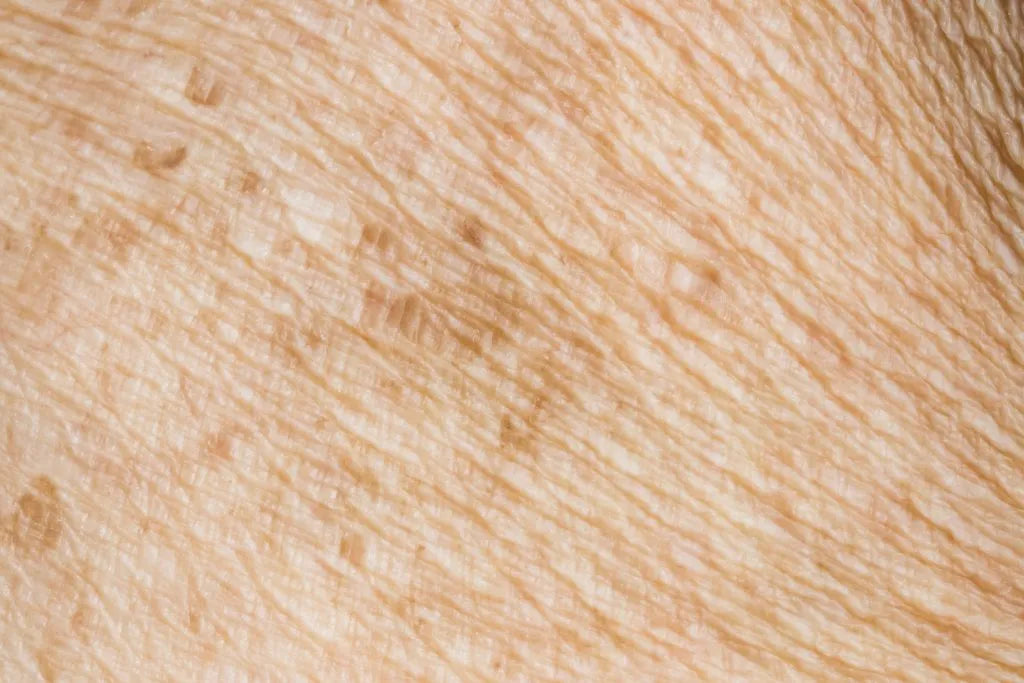Find out what is hyperpigmentation and why it happens
Hyperpigmentation is the darkening of the skin caused by the presence of dark spots. It is often caused by an abnormal, usually high, amount of melanin (the pigment that gives skin its colour). Types of hyperpigmentation include:

. https://www.aarp.org/entertainment/style-trends/info-2022/treating-hyperpigmentation-darker-skin-tones.html?intcmp=AE-ENT-TOENG-TOGL
Sissons, B. (2021). What to know about hyperpigmentation? Medical News Today. https://www.medicalnewstoday.com/articles/323808
University of Miami Health System . (2021). What is Hyperpigmentation? https://news.umiamihealth.org/en/what-is-hyperpigmentation/
- Age spots.
- Melasma: brown or grey spots that often appear on both sides of the face, cheeks, and upper lip.
- Post-inflammatory hyperpigmentation, which may appear in areas where skin eruptions have occurred, especially if acne lesions are scratched, touched, or pressed.
- Inflammation of the skin.
- Medications such as contraceptive pills.
- Hormonal related diseases system such as Addison's disease.
- Excess iron in the body.
- Frequent sun exposure.
- Pregnancy.
- Menopause.
Why does pigmentation and other skin problems happen during menopause?
Hormonal changes produced during menopause, especially in oestrogen levels (female hormone) are the causes of hyperpigmentation, hair loss and dry skin. Oestrogen promotes water retention and plumpness in the skin. When it drops below normal levels, the molecules that help keep the skin moisturised are lost. Oestrogen also contributes to hair growth and fullness. Low levels of this hormone are the main cause of menopause symptoms (Cleveland Clinic, 2021)
What can you do to prevent hyperpigmentation and other skin problems during menopause?
Use SPF
UV radiation in excess can worsen the dark spots in your skin, so keep exposure to a minimum and apply broad-spectrum sunscreen every day (Gabbara, 2022).Choose quality serum
This is a good option to combat this issue, especially those with powerful antioxidants like vitamin C, which can reduce persistent dark spots and help the skin glow (Gabbara, 2022). Vitamin C is crucial for the skin because it has an inhibiting effect on the production of tyrosinase, an enzyme critical in melanin generation, and, thus, a determinant factor for skin pigmentation.Use retinol
Retinol is known as an efficient partner for skincare due to its antiaging abilities and it can also be an effective treatment for hyperpigmentation. Retinol, like vitamin C, can stop tyrosinase production, and (Gabbara, 2022):- Has an exfoliant effect.
- Helps maintain a more consistent skin tone.


